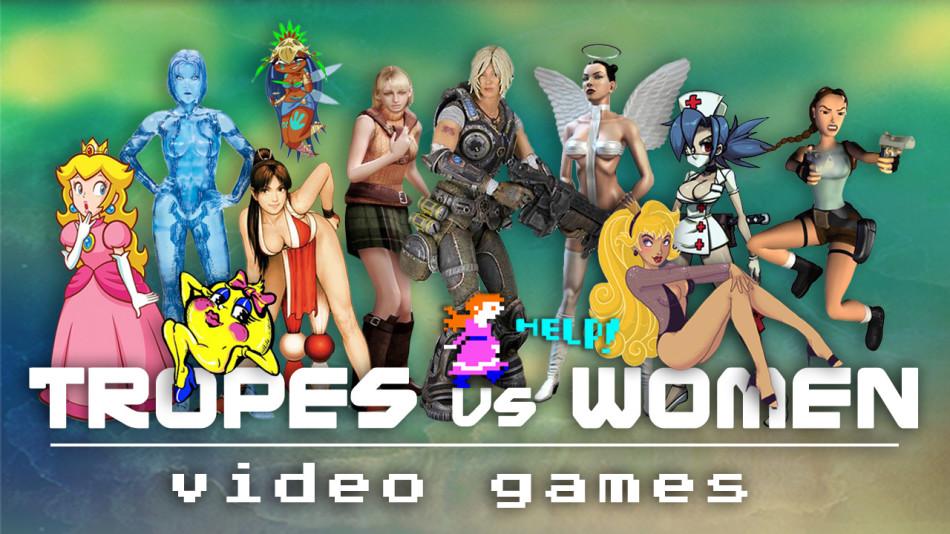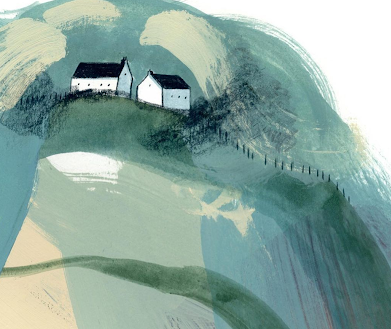Ugh, feminists
“You’re a feminist?”
I remember that tone of disgust that trailed behind the F-word after asserting that I disagreed with the way women were represented in the media, in my English class. “I’m not a feminist!” someone else would assertively deny. Across the room, I’d hear comments of “oh my God, she is such a feminist.”
If Anita Sarkeesian attended Graded, she wouldn’t be seen under such a friendly light either. A famous or, rather, infamous, Canadian-American media critic and blogger, Sarkeesian went under heavy fire after posting her campaign series “Tropes vs Women in Video Games” on her Youtube channel “Feminist Frequency.” In the videos on the channel, she covers the way women are portrayed in various video games, which is usually under a negative light. It’s mind-boggling, to be honest, the countless examples of disturbing representations of women in video games. It’s almost designed like a psychological experiment. The subject, you, sits down in front of a screen, and you are methodically flashed an endless march of examples of female objectification, ranging from the 8-bit to modern HD consoles. Sarkeesian identifies several tropes in her discourse, one of which includes the weak foil of female characters that merely accentuate male heroes.
According to her, the last action-oriented, narrative game you played probably featured a male superhero and a female significant to the protagonist that has died, or that is in desperate need of saving. It’s not a coincidence that Princess Peach is always kidnapped by Bowser in almost every single installment of the Super Mario games. As Sarkeesian explains, it’s merely a cheap plot device that video game makers resort to so the famous plumbers can save the damsel in distress. Or another trope is that the woman probably died, causing the male character to seek bloody vengeance for his beloved, an effective character-development device that leaves the hero bloodthirsty, hate-filled, and traumatized: three key ingredients that create your typical-yet-successful M-rated game.
The images of these scantily clad women repeatedly screaming for help are downright disgusting. But maybe that’s just me. However, that doesn’t exclude the fact that images of female objectification is indeed a video-game trope. And an overused, diversified one at that. Yet, when Sarkeesian boldly pointed out the incalculable number of video games that exploit these clichés, all hell broke lose in the video-gaming community. People dismissed her as an extremist man-hater. Some even proceeded to produce an online flash game which involves beating up Sarkeesian’s face, bruising her up, and leaving a bloody trail on her face. The game objectifies her into a punching bag for the satisfaction of dirty misogynists. Oh, the irony.
Needless to say, this is coming from a feminist. However, feminism is not only limited to fighting for the equal rights of women. The aim of feminism is to fight for the rights for both genders and transsexuals. I also believe it’s unfair for the male hero to risk his life and go through all the nonsense of constantly having to defeat enemies and bosses just to save one woman. She’s a living and breathing creature that (supposedly) thinks for herself.
The reaction to Sarkeesian’s piece was disturbing. As was the classroom reaction to assertions for accurate, balanced depictions in media. Feminism should not bear such a negative connotation. “Are you a feminist?” would be the better manner of inquiry, instead of making that F-word a taboo.

Bella is Bella. This is her second year in The Talon and she now holds office as POV Columnist. She needs 12 hours of sleep each day to function properly,...










Jorge Shim • Feb 28, 2014 at 2:53 pm
It is wonderful point of view. I as a man in such a social vision naturally dyed, and I found myself, once again, as this is a very good article looking back on the motive of reviewing social prejudice against women.